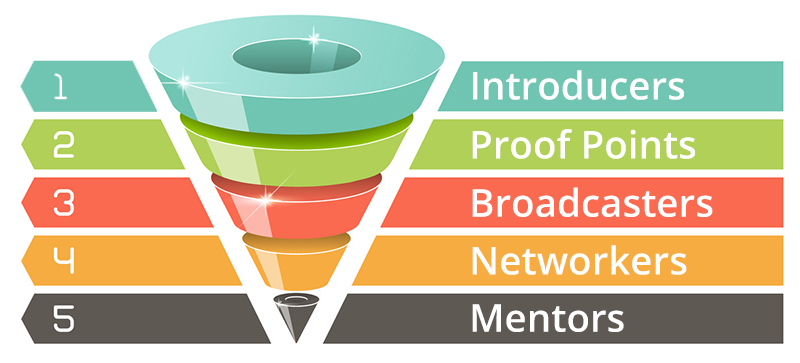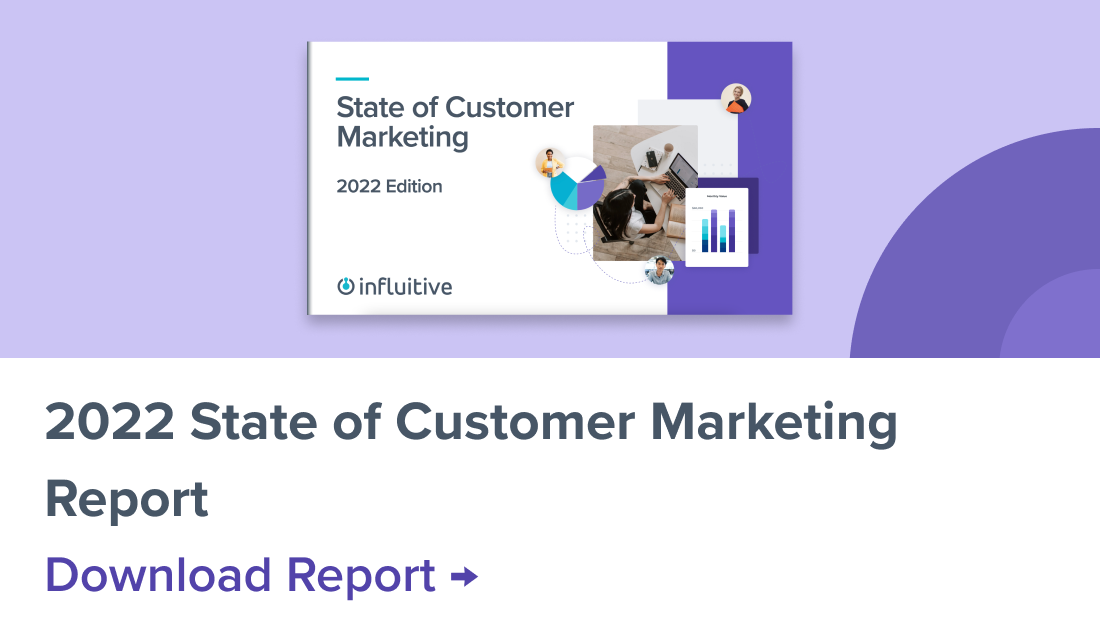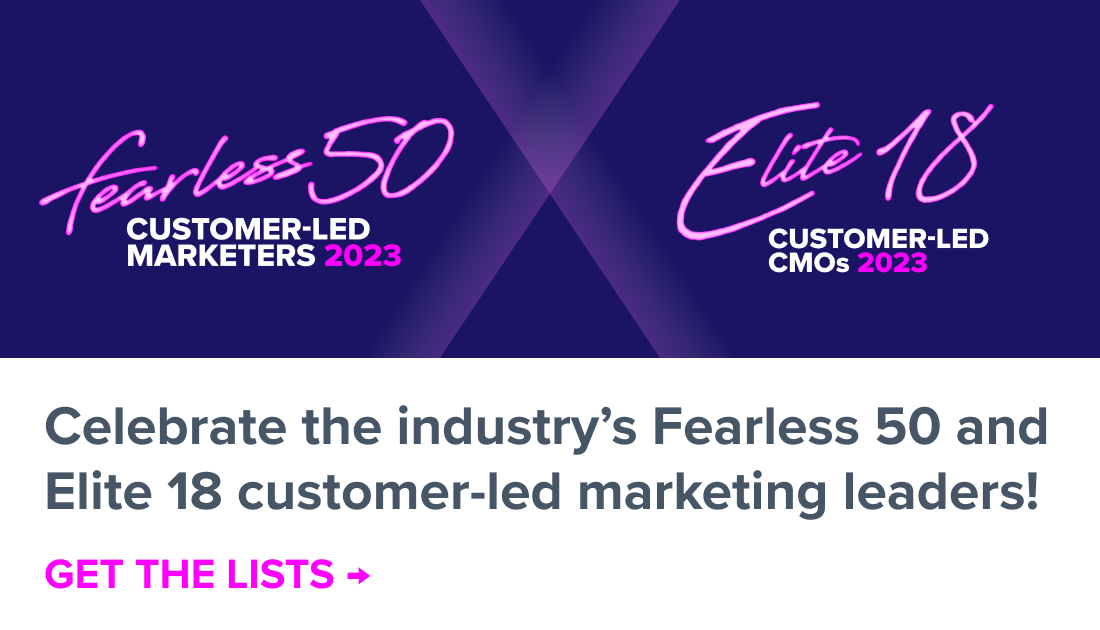This post was updated on August 25th, 2016.
In B2B sales, we’re taught to never allow ourselves to be single-threaded in an account.
That’s why we label the different people we interact with throughout sales funnel stages with some common terms: Evaluators, Business Users, Champions, Detractors, Influencers, Budget Holders, Decision Makers…
Since the dawn of the solution sale, it’s been important to know who these people are and how they’ve reacted to our value proposition.
I had a sales mentor whose favorite question to ask during a pipeline meeting was “Does anyone else in that building know they are buying?” Individuals don’t make decisions—groups do.
It’s our job as salespeople to penetrate deep and wide into an account if we want the deal… so why do we expect our buyers to be single-threaded and rely on us as their only point of contact during the buying process?
In their 2016 B2B Buyers’ Survey Report, DemandGen noted that 62% of B2B buyers are relying on more peer recommendations while buying than a year ago, and the number who report using their peers as one of their first three resources has doubled. Just as salespeople have grown accustomed to selling deep into an account, buyers now operate similarly. They no longer trust the word of one when they can have information from many.
It’s a harsh blow to the salesperson’s ego to find out we don’t hold all the power anymore—but the reps who weave others into the selling process will be the ones who come out on top.
Adding advocates to your sales funnel stages
Sales teams should systematically establish roles for everyone in your sales funnel. At Influitive, we call them advocates. These people act as proof points for your product and help handle sales objections. Advocates also help your buyers feel more trust, pushing them along the funnel. Every step of your sales process should have a specific spot for customers, partners, colleagues and fans.

Based on the general sales funnel stages, I’ve broken down those roles as follows:
1. Introducers
While I still believe that cold-calling has its place, it’s a lot more effective if someone else is picking up that phone for you. Find your introducers and ask them for referrals. Allow your contacts to take an active part of building your pipeline—like we have at Influitive, where over 42% of our revenue in 2015 came through referrals.
2. Proof Points
Talk to your customers and learn their stories. Get their permission to retell their stories. When you tell the story, focus on the individual (use their name), and show that you have a personal connection. If you’re able to, publicly publish these stories and feature pictures of your proof point throughout. Making your stories personal will feel more authentic to buyers.
3. Broadcasters
Your prospective buyer isn’t interested in talking just to you. They’re also not interested in learning about your company from your website. Encourage your happy customers to talk about you everywhere else on the web. Comments about your company found on pages that you don’t own (like review websites, social media, LinkedIn groups, community forums, and more), will be more persuasive to buyers.
4. Networkers
Reference calls are a common part of the sales process, but they’re often done at the wrong point in the buyer’s journey. First, you need to position reference calls as an opportunity for your favourite customers to build their professional relationships. Then, connect them to your buyers early in the sales process and let them develop a relationship that doesn’t seem transactional and provides actual value to both parties. Finally, find ways to thank, reward or recognize your references and they’ll be glad to step up whenever you need them.
5. Mentors
Your customers’ ability to make you successful doesn’t end at the point of sale. Find your most passionate customers and help them take new customers under their wings. Make sure you’re setting yourself—and your customers—up for success by providing this valuable resource. Don’t wait to notice that a customer is struggling before stepping in.
As the reliance on peer validation in the buying process increases, reps can expect sales leadership to start asking about these roles in pipeline meetings. It’s easy to lose an account on your own. It’s harder to fail when you connect your prospects with successful advocates who will champion your product for you.
This blog was originally published on May 29th, 2015.











































